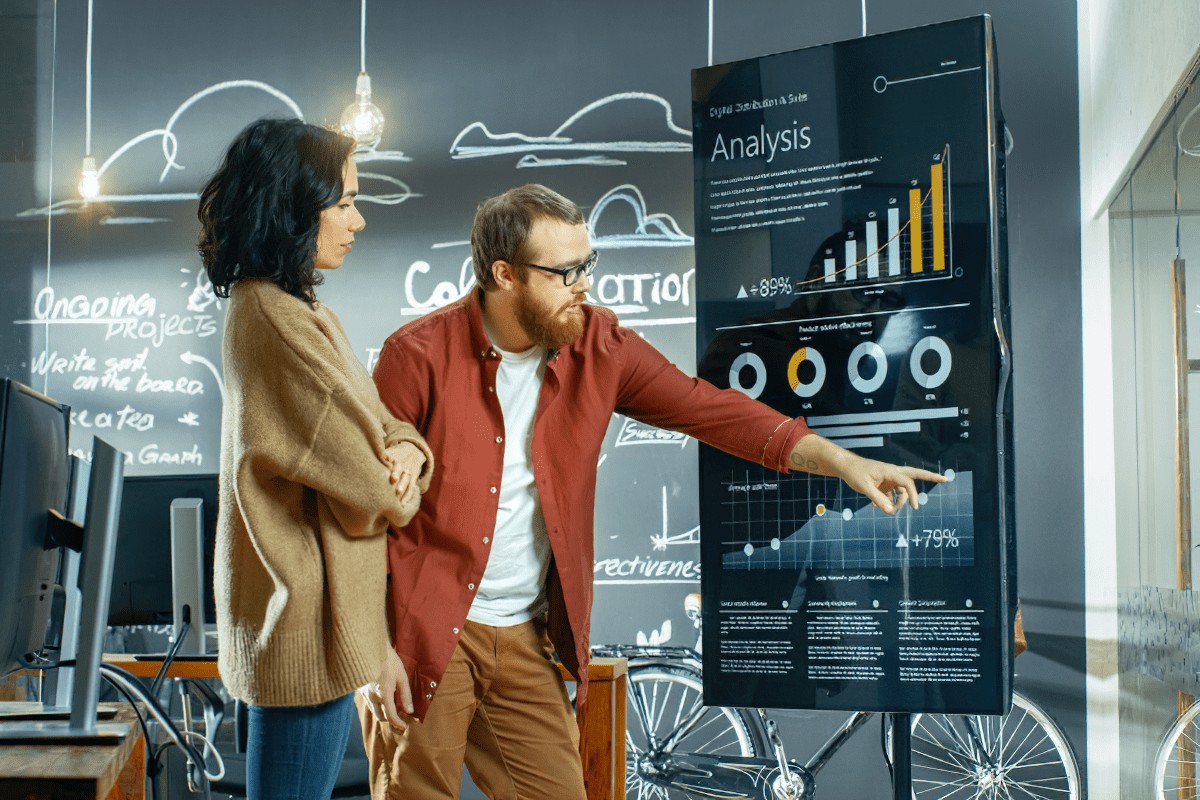The areas of using artificial intelligence are limited by imagination. Robot teachers, adaptive intellectual mentors, and smart essay writing programs are not fiction tales about the future, but just a step forward in the e-Learning industry.
Here are some of the AI solutions that help transform e-Learning and how they do it.
What is Artificial Intelligence? How does it work?
Artificial Intelligence (AI) is a set of technological tools and algorithms that provide us with predictions, recommendations, and solutions in the digital and real environment based on different data. In a nutshell, AI must perform tasks that previously can only be performed by humans.
AI consists of two main subsets: machine learning (ML) and deep learning (DL). The essence of both is to learn how to find distinguish between different things. It is easy for us as humans to do this without even having a clear understanding of what biological processes are currently taking place in our brains. The machines do this thanks to ML and DL.
Machine learning is a unit of artificial intelligence that helps systems learn data on their own without human involvement. Using a variety of algorithms ML utilizes data to figure out how to improve, predict, and describe it most conveniently.
Deep learning is a type of artificial intelligence and a method of machine learning based on the concept of artificial neural networks. Such networks help machines learn from data, especially when we are talking about unstructured data. Most commonly DL is used in computer vision, image, and speech recognition.
Personalized learning process based on AI
Different people learn differently. This is the main problem of many learning processes – their inflexibility. In fact, artificial intelligence has every chance to fix it through a personalized training program.
The use of AI has become especially popular in applications for language learning. For example, the British application Memrise uses artificial intelligence to adapt to the needs of a particular user in the course of his learning. And the Chinese ELSA application uses speech recognition to help get rid of the accent.
In addition, artificial intelligence can help teachers in their work. The British startup Century is a great example. The platform sees the strengths and weaknesses of students and helps teachers adapt to them.? ?
Evaluation system and inclusiveness
All assessment is the subjective decision of a particular teacher or lecturer. Artificial intelligence helps to make assessment more objective and speed up the process. Especially if we are considering testing tasks. But we are not talking about full replacement when it comes to evaluating essays and feedback using AI and ML.
Artificial intelligence opens new ways of interaction for students with disabilities. In the future, neural networks can be taught to help students with various disabilities to gain all kinds of knowledge. ?
Administrative tasks can be replaced by machines
In addition to the learning process and teaching methods, AI technologies can optimize management processes for educational institutions. For example, teachers and management can utilize tools to develop classes or courses according to the number of participants and their interests.?
AI can take on a lot of administrative tasks. Such as working out curricula or filling out the necessary documentation, including student performance. Neural networks can also advise on where students have gaps and how to fill them.
A lot of people in many countries have already used AI and machine learning for choosing a university and future profession. As all we know, people are used to making a choice according to popularity. The choice of university is more related to what is heard than to specific programs, faculties, and teachers. Some AI tools are trying to fix this.
Final word
Education is on its way to adapting to the future. That is some kind of a bridge to the time ahead.
Obviously, the traditional format of education will soon undergo major changes. When machines are better able to cope with mechanical tasks, people will need to focus on unique skills: creativity, collaboration, communication. People have to adapt to new conditions and develop what the machine cannot replace – creativity and flexibility of thinking.
